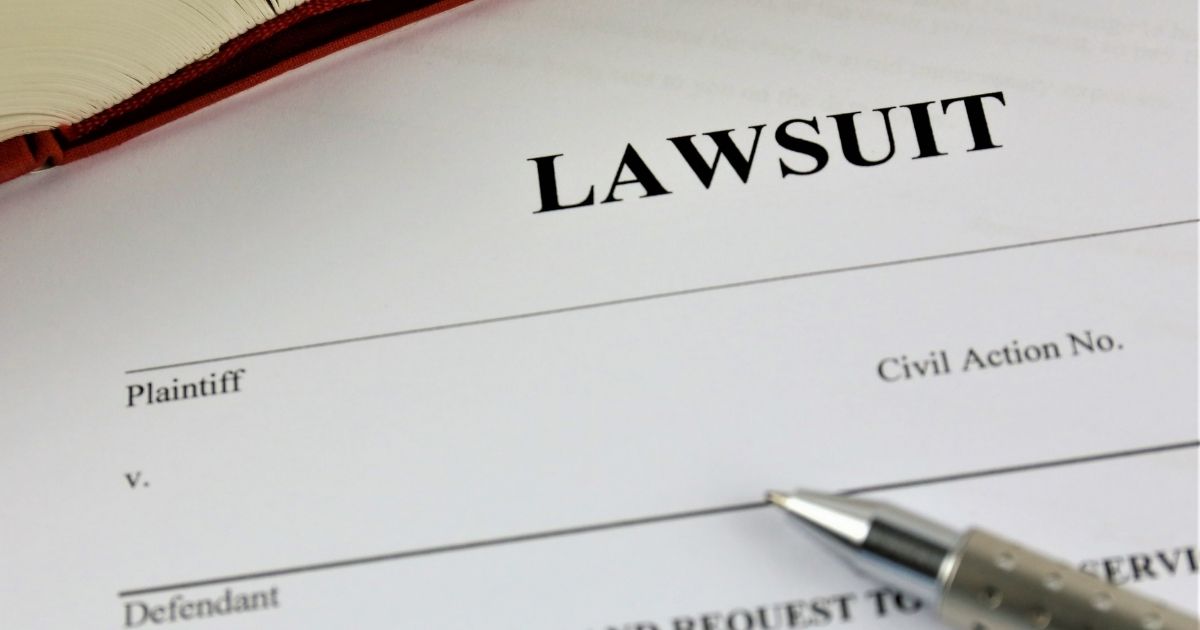How can Small Businesses Avoid Lawsuits?

One of the most essential ways to keep a small business running well is to do everything possible to limit risk. Neglecting to avoid risk could lead to business tort litigation. It could only take one lawsuit to put a small company out of business and leave the owner struggling with significant debt. Understanding the ways to prevent lawsuits is a must for every small business owner.
Separate From the Business
Business owners can protect their interests by separating themselves from their companies, which can be accomplished in several ways. Some individuals establish their businesses as sole proprietorships, but that is not always the right answer. If the company is sued, the owner’s personal assets could still be at risk in a lawsuit. Incorporating the business might be better. That way, the owner’s personal wealth and assets are shielded.
Another option is to run the business through a trust. When a trust is set up properly, it can protect the owner’s assets if the business is sued. A business owner can set up a trust with the help from a knowledgeable lawyer. Small business owners can benefit by having experienced legal guidance.
Have Clear Policies and Procedures
Small business owners need to create clear policies and procedures for employees. Employment laws change often, so staying informed and having an up-to-date employee handbook is the way to go. Workers must be instructed on how to handle certain situations, like alleged workplace discrimination and workplace injuries. The business owner should be well-prepared.
All employment contracts should be drafted properly, and a qualified lawyer can help. Small business owners may not be versed in the correct legal terminology and could put themselves at risk by using faulty contracts. Having a friend, family member, or business associate help write an important contract can lead to serious problems down the road.
Accurate recordkeeping is another key preventative measure. This includes having important documents prepared through a lawyer’s guidance, with times, dates, and signatures on agreements. All of the details in company communications should be recorded carefully and checked for accuracy. Emails, texts, phone calls, and transactions between companies and their employees and customers should also be documented. When business is brisk, some small business may try to cut corners with their recordkeeping, which is a mistake.
Computer Security
Since most businesses work extensively on computers, their systems need to be safeguarded. Losing important files could be devastating and could prevent a company from operating. Not being able to produce important evidence could be damaging to a legal case as well. A failure to operate might prevent the small business from living up to some of their contractual obligations or agreements.
Business computer systems should be backed up using the latest technologies. Files should be backed up monthly, weekly, and daily. Virus protection is another important concern since viruses can wipe out computer systems and steal files. Security software and current anti-virus measures should be used. Important hard copies of documents should be duplicated as well.
Appropriately Address Customer Issues
Customers will be dissatisfied from time to time, and they need to be handled with care. Angry customers who feel as though they have been seriously mistreated may attempt to escalate their claims. Small business owners must make every effort to be ethical in their dealings and to provide excellent customer service. When customers believe that they have been treated fairly, they are less likely to sue when something goes awry. Consistent good service is one of the best ways to avoid lawsuits.
Mistakes will happen, and the owner and staff should be trained on how to handle these situations in advance. Communicating openly and presenting options are both ways to calm customers down. Additionally, everything should be thoroughly documented. If the customer and business owner comes to an agreement, it should be written, dated, signed, and recorded.
Have an Insurance Policy
Even when small business owners are incorporated or establish trusts, insurance is still a necessity. A liability policy could protect the company if a customer or employee alleges that they were hurt in the place of business. When the business has a formal board of directors, these individuals may also want their own liability insurance policies to protect their personal assets.
Liability protection can also be built into contracts. For example, a clause could specify that if an uncontrollable event made it impossible for the company to fulfill their end of a contract, the business owner would not be liable for incomplete work. These insurance options can minimize the chance of being sued.
Philadelphia Business Lawyers at Sidkoff, Pincus & Green P.C. Help Small Business Owners Protect Their Interests
Taking precautions can minimize the chance of being sued. Having legal representation in your corner is one of the best ways to protect your small business. If you need help with business matters, speak to one of our Philadelphia business lawyers at Sidkoff, Pincus & Green P.C. For an initial consultation, complete our online form or call us at 215-574-0600. Located in Philadelphia, we serve clients throughout Pennsylvania and New Jersey.















